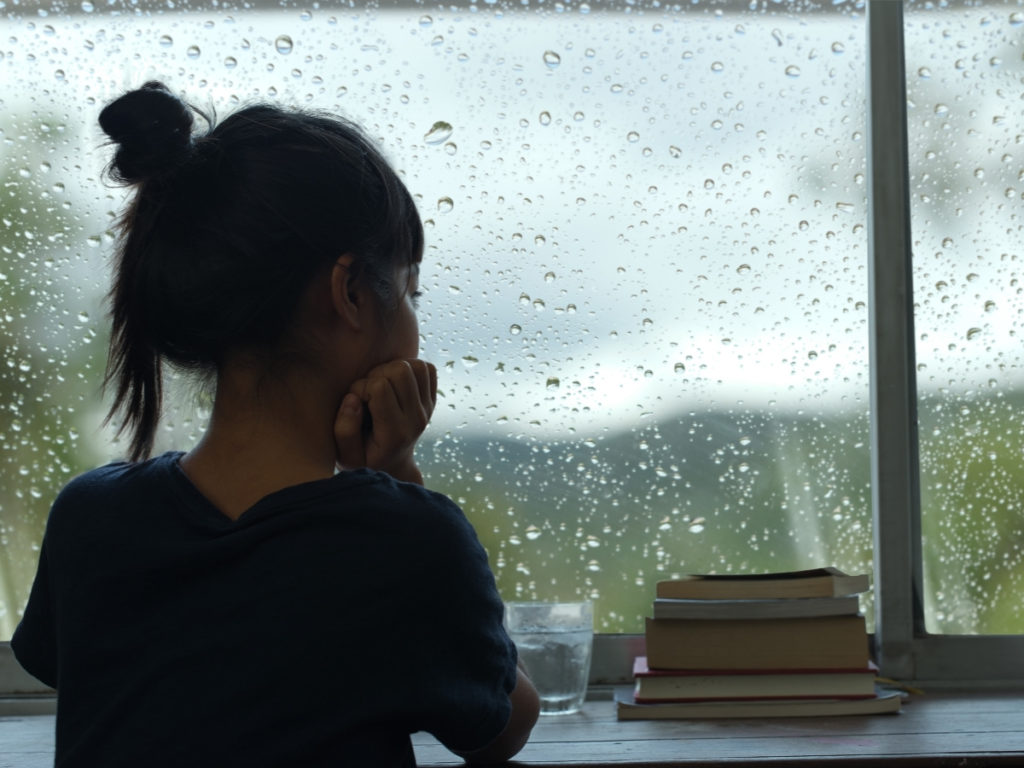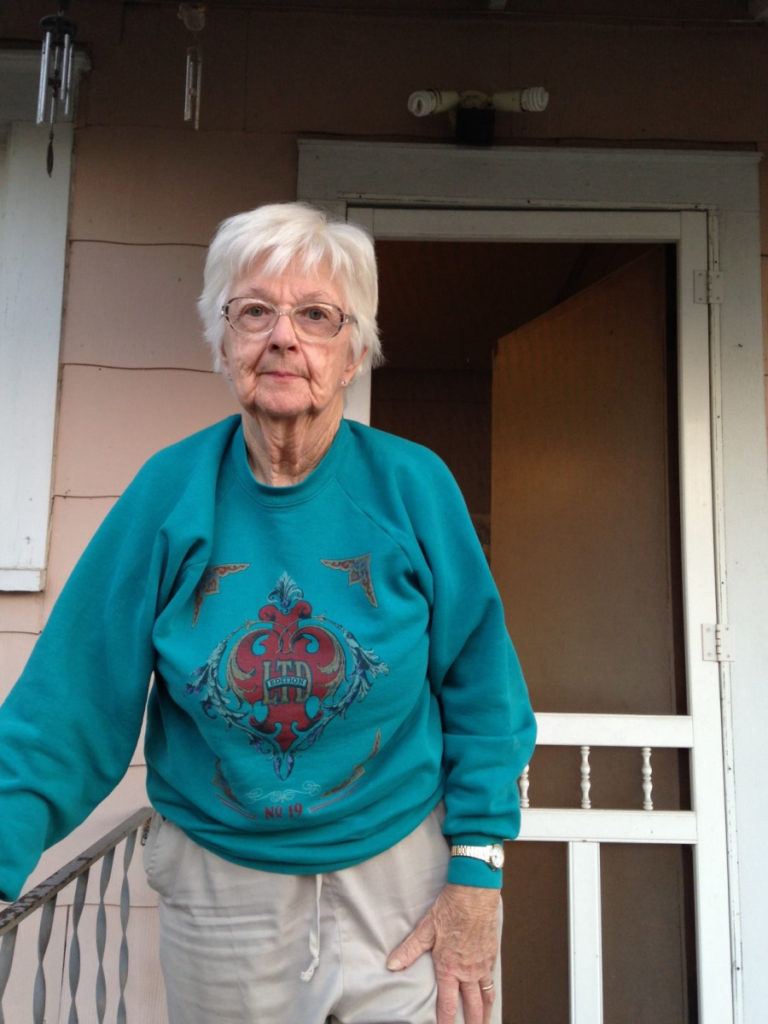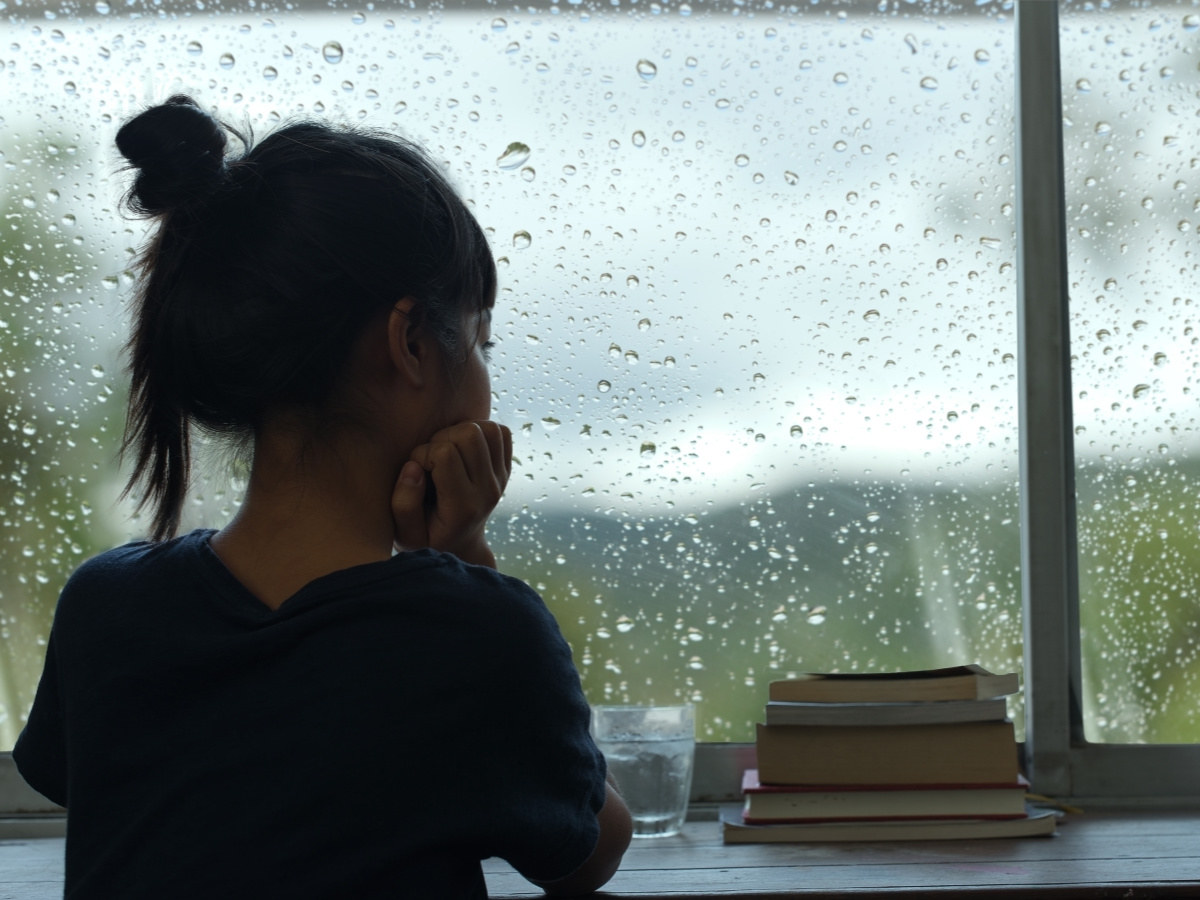
Was spring break last week, or last year? Think of the lighting speed at which the global pandemic caused by the novel coronavirus, COVID-19, has disrupted the entire world.
Schools and universities across the country have closed. Major cities have shut down all restaurants, bars, theaters, gyms, libraries, recreation centers and more. Amazon is limiting shipments, and major industries and retailers, including Apple, have shut their doors. The list of countries, states and cities that have implemented total lockdowns and shelter-in-place orders changes daily.
On March 16, the CDC released new guidelines saying that during the next 15 days, all U.S. events of 10 or more people should be cancelled or held virtually.
In the last week, we’ve had a crash course on the concept of “social distancing.” But what does that really mean and why do we do it?
Check out these FAQs on social distancing in this article from March 17. In a nutshell, staying as isolated as possible helps stop the spread of the virus. We cancel events, stop attending social gatherings, and avoid unnecessary errands and contact with people. This requires a giant adjustment in attitude, but it’s critically important.
According to the Texas Department of Health and Human Services, minimizing exposure is especially important for people who are 65 or older or who have an underlying health condition like heart disease, lung disease, diabetes, high blood pressure or cancer. People in those groups have a higher risk of developing severe disease if they do get COVID-19, and the safest thing for them during an outbreak will be to stay home as much as possible and minimize close contact with other people.
It helps to visualize the concept of Flattening the Curve, explained extremely well in an interactive graphic in this article from March 14.
Modifying our lives at such a fast pace is difficult. It’s especially hard for children to understand why we must change our habits, including not going to school, not having playdates or sleepovers, not going out to public places, and even not seeing some of our dearest friends and family members.
For younger kids, here’s a short interactive movie from BrainPop that demonstrates that by staying home and playing inside, they are being helpers in this big, complicated puzzle.
If you have tweens or teens who need help understanding why they should no longer hang out with friends, ask them to name someone who would benefit by them staying home. Could it be a parent or a grandparent? A friend or family member with cancer or heart disease, diabetes, or high blood pressure? A friend or family member with a compromised immune system? A doctor or nurse they know?
You can explain to them:
We isolate to protect the healthcare system, which will be soon be overwhelmed. We isolate to protect the vulnerable members of our communities and our families, who need us to look out for them and keep them safe. We isolate to protect the healthcare workers that we know, so that they can continue to do their jobs. We isolate to try to limit the exponential growth of this illness, which is already disrupting everything on a scale never seen in our lifetimes. We can help stop it.
At our house, we are social distancing and isolating to protect my 57-year-old husband and 15-year-old son, who both suffer from asthma. We are isolating to protect my parents in their 70s, and our 87-year-old neighbor, and we only visit with them outside in our yards, at least six feet apart.

In facing the unknown, we will look for ways to help our community. We can lean into our fears and our sadness while also pulling on our strengths and skills. We know we will all be impacted by this, and we will find ways to bring hope or help to others. We are all in this together, and we all need each other more than ever.
Read More About Social Distancing
- Texas Department of State Health Services
- “You Can Help Break the Chain of Transmission,” Siobhan Roberts, New York Times, March 19, 2020
- “Resources for Staying Active With Kids While Social Distancing,” Amy Johnson, San Antonio Charter Moms, March 19, 2020
- “I’m an Italian mom under coronavirus lockdown. Here’s what I wish I had done differently before things got bad.” Katherine Wilson, MSN, March 17, 2020
- “It’s Time to Get Serious About Social Distancing: Here’s How,” Maria Godoy and Allison Aubrey, NPR, March 17, 2020
- Wondering About Social Distancing? Apoorva Mandavilli, New York Times, March 16, 2020
- Social Distancing: This Is Not A Snow Day, Asaf Bitton, Ariadne Labs, March 13, 2020
- “San Antonio Coronavirus School Closures,” San Antonio Charter Moms, March 13, 2020
